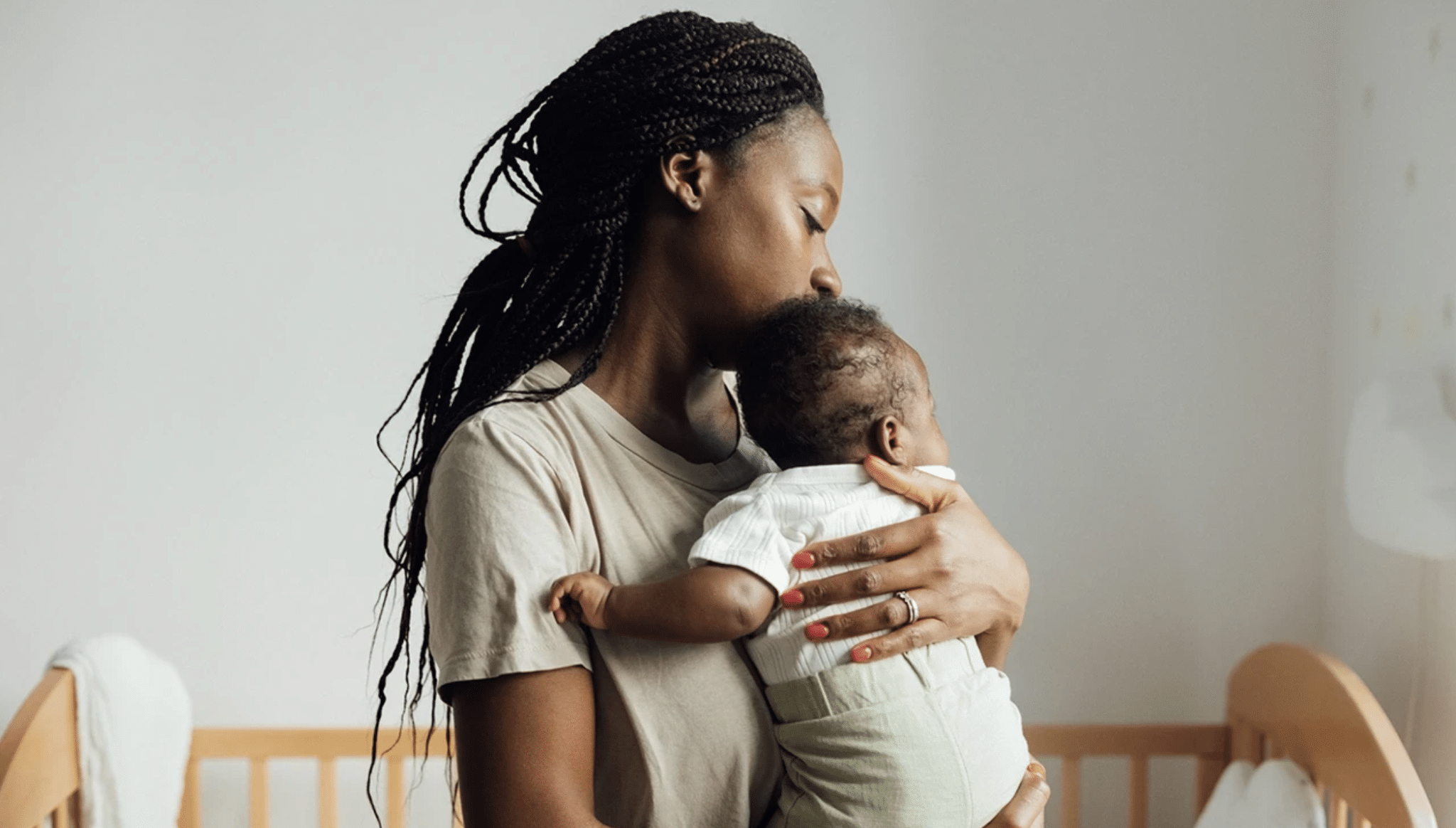For Many Women Workers, There Is No Time to Heal, Care or Recover

By Josephine Kalipeni, Executive Director, Family Values @ Work
I recently watched a television commercial about breast cancer awareness month, and thought, “How do workers who have breast cancer, or who are caregivers to individuals who have breast cancer, manage without paid sick or family leave?” When do they rest? How do they find time to work, go to medical appointments, receive life-saving treatments, or deal with the emotions of having a potentially terminal disease?
This month is the 20th anniversary of National Work and Family Month. Each October, businesses are encouraged to establish healthy work environments and work-life initiatives that enhance the wellbeing of employees. I cannot help but think about the millions of individuals nationwide who are gainfully employed yet do not have the option to take a day off without significant adverse financial impact, or significant emotional or physical impact.
In 2019, approximately 32 million U.S. workers had no paid sick days. Low-wage workers are less likely to have paid sick leave. The numbers are even worse for Black women and their families. Black women workers are disadvantaged by a wide income disparity — earning approximately 67 cents of each dollar that white, non-Hispanic men earn.
Thus, Black women workers are doubly at risk for suffering threats to our livelihood and adverse financial consequences, and lack the autonomy to take the time we need to care for ourselves or others.
Black women workers cannot afford to get sick or to provide care for a family member. Not only do we earn less, but should we risk taking unpaid time off, we face more devastating consequences than non-Black families. According to a 2017 report by the Corporation for Enterprise Development, approximately 30 percent of Black households do not have savings or assets to tap into if they face a sudden loss of income.
Research we released in partnership with the WORLD Policy Analysis Center at UCLA earlier this year found that the median net worth of white households is 7 times that of Black households. Further, more than half of all households are led by Black women making them even more vulnerable to systemic barriers to access.
Taking time off to manage an illness or care for a loved one should not be costly. What will happen to workers who are forced to live an existence of all work and no paid time off to be sick, heal, care for others, or bond with a child? Black women, already facing racial disparities in income and earning potential, should not be forced to choose between their livelihoods, families, or their own health.